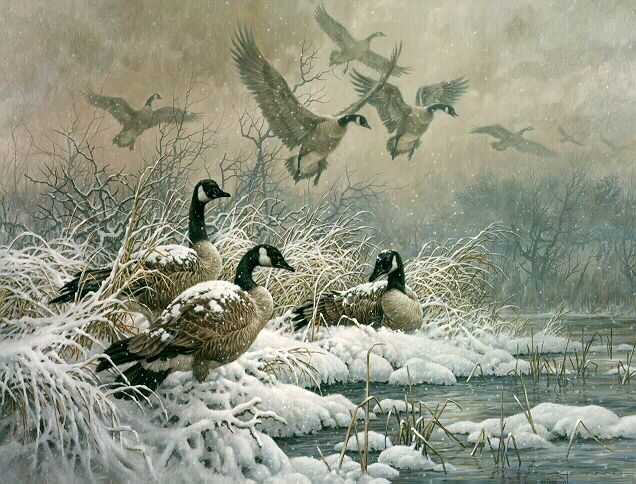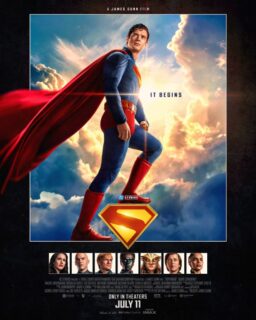Mary Oliver, the Pulitzer Prize-winning poet, fled the abusive childhood of a “very dark and broken house” and became a reclusive poet. She died in January at the age of 83. A confidante shared her poem “Wild Geese” and its first line went through me like a shockwave: “You do not have to be good.”
Deep exhale. It was a lifeline in a sea of striving toward a constantly receding shore. The rest of the poem resonated like an underground explosion, and then became a healing balm on a self still troubled by the need to be proven “good.”
I immediately thought of the poem in light of Women Writers Week and an earlier essay I wrote called “Lessons to my Younger Self,” which has been featured here in the past. In it, I talk about the ways in which I found my young self never feeling “good girl” enough. Oliver’s poem is an answer to that young woman and a reminder to this 66-year-old. I don’t need to be “good.” I just have to “be.” Relaxing into one’s natural self, heeding the call to find “your place in the family of things” is its own goodness.
Women Writers Week is about coming from that wild, unfettered place, finding our true voices and telling our real stories. I have always loved movies. Movies are a way the culture has of talking to itself, “to hold,” as Hamlet instructed his actors, “as ‘twere, the mirror up to nature.” No doubt, movies affect the way all of us see ourselves.
But what if that mirror is distorted? Too often women’s stories, like our selves, are diminished or disregarded, and unlike those wild geese, never see the light of day. Indeed, Oscar-winning actress and Olympian archer Geena Davis hits the bullseye as founder of her Institute on Gender in Media, whose mantra is “If she can see it, she can be it.” Its pioneering data on gender disparity in the movies remains shocking. Even now, according to Davis, as more lead characters are women, “a female lead is onscreen and speaks about a third of the time that a male lead does.”
It’s no wonder, as I look back at films that moved me, then and now, that among my favorite movies growing up were those that reiterated my inner struggle—often gothic tales of repression and tension: “Jane Eyre” (1943), “The Heiress” (1949), and most definitely “The Nun’s Story” (1959). There was the delicately beautiful Audrey Hepburn somber and guilt-ridden, her body splayed face down on the church floor, relentlessly examining her conscience, or stranded in the jungle, or viciously attacked in an asylum by another, unfortunate female inmate when she entered the poor woman’s cell to offer her water. Sister broke the rules and was promptly punished for her lapse. It was powerful to see such an excavation of my personal drama. Might I be a nun (I seriously considered it!) and do it better than poor Audrey, slinking away in that last shot, unveiled and shorn, alone on a gray day?
The first time I saw “Now Voyager” (1942) my heart soared. The sight of Bette Davis’ sad and belittled spinster, suffocating under a dowdy, de-sexed wardrobe, not daring to raise her voice or choose her life, was a potent preamble to what awaited her. Her glamorous liberation involved exotic travel, mothering a child, and freely loving the dashing Paul Henreid who sealed the deal with a pair of cigarettes dually lit from his lips. Heaven, indeed.
By the time I got to Melanie Griffith’s character in “Working Girl” (1988) with her “head for business and a bod for sin,” I was fired up and enthralled. She was far more audacious than the men in her life who didn’t have to be either audacious, or in her life. Though she ended up with Harrison Ford, she had clearly earned her way, found and used her power, and had been willing to go it alone.
“Thelma & Louise” (1991) took me right over the edge. I was with them in that convertible, flying through the air, the last shot frozen in time with law enforcement and bewildered husbands racing to catch up with them, now unreachable against the blue sky.
A prominent male critic once said to me that this film was “not character-driven.” What was he thinking? Here are two unforgettable, central female characters, literally driving, across country, on a high-speed chase, leaving an entire culture in their dust. These armed and dangerous women who took off for parts unknown, not only had a smokin’ one-nighter with Brad Pitt’s frisky hitchhiking cowboy, but abruptly altered the socio/sexual terrain between men and women while driving a conversation we are still having.
Among this year’s films, I thrilled at “The Favourite” which turned the costume drama on its head, and found three ambitious women locked in a power struggle, while far less powdered and puffed than their male playthings at court.
“The Wife” found her outlet in the subterranean currents of Glenn Close’s simmering spouse. A luminous Lady Gaga in “A Star is Born” seems to have emerged full-blown like Venus on the half shell, and continues to find her voice in ever-widening circles. “If Beale Street Could Talk,” an under-appreciated masterpiece at this year’s Oscars, depended on Regina King’s gravitas and warmth to anchor the humanity of that film in its most heated and pivotal scenes. Damien Chazelle’s “First Man,” another of this year’s overlooked masterpieces, found Claire Foy tethered to Ryan Gosling’s astronaut; he wasn’t home until he re-entered her orbit.
There are light years to go, at the movies and beyond, but we’ve covered some ground. I believe that very ground will lead us to each other. As we go, women especially should take Mary Oliver’s travel advice to heart:
You do not have to be good.
You do not have to walk on your knees
for a hundred miles through the desert repenting.
You only have to let the soft animal of your body
love what it loves.
Tell me about despair, yours, and I will tell you mine.
Meanwhile the world goes on.
Meanwhile the sun and the clear pebbles of the rain
are moving across the landscapes,
over the prairies and the deep trees,
the mountains and the rivers.
Meanwhile the wild geese, high in the clean blue air,
are heading home again.
Whoever you are, no matter how lonely,
the world offers itself to your imagination,
calls to you like the wild geese, harsh and exciting –
over and over announcing your place
in the family of things.
Mary Oliver
Wild Geese
Painting copyright: Larry Fanning












